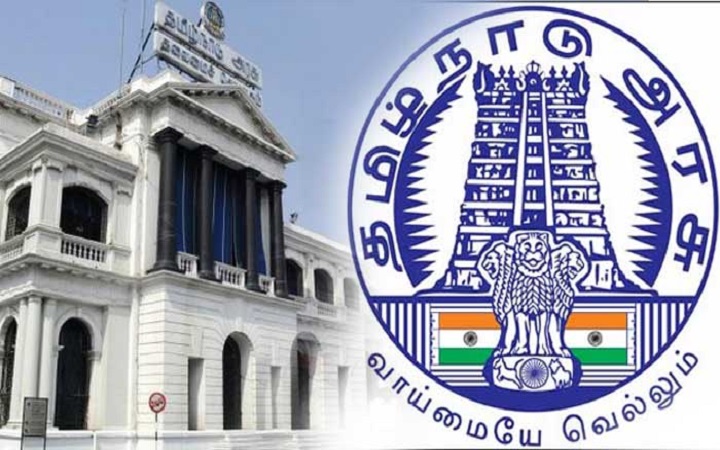The Madurai bench of the Madras High Court has observed that the principles of the 2019 Citizenship (Amendment) Act could be applied to Hindu Tamils who were forced to abandon Sri Lanka.
The single-judge bench of Justice GR Swaminathan held that although Sri Lanka is not covered under CAA, the Hindu Tamils in the Island country could obtain Indian citizenship under the Act as they were the “primary victim of racial strife.”
Notably, the humanitarian law brought in by the Modi government seeks to expedite the citizenship process for religiously persecuted minorities from Pakistan, Bangladesh, and Afghanistan who arrived in India as refugees before December 31, 2014. Though the persecuted Hindus of Sri Lanka currently do not fall under its ambit, the Madras High Court has asked the central government to decide on the matter within 16 weeks.
“Though Sri Lanka does not fall within the said amendment, the very same principle is equally applicable,” he said. “One can take judicial notice of the fact that the Hindu Tamils of Sri Lanka were the primary victims of the racial strife,” Justice Swaminathan noted.
The court was hearing a petition filed by S Abirami, a 29-year-old girl from Sri Lanka who moved to India due to ethnic victimisation. Abirami applied for Indian citizenship.
Abirami was born in a Trichy nursing home on December 14, 1993. She went to school in India, received an Aadhar Card, and has lived there for the past 29 years. Her efforts to get citizenship, however, were futile, so she filed the current petition.
The petitioner requested that the District Magistrate/District Collectors grant her permission to send her application for citizenship to the Central Government. She further requested that the Central Government issue orders within six weeks of receiving her application. Abirami’s plea stated that the Central Government should take note of the unique situation in which she is placed.
The single-judge panel noted that Abirami is the daughter of migrant parents and was born in India. The court went on to say that because she has never been a Sri Lankan citizen, the issue of renunciation does not arise. The court stated that if her motion is denied, she will become “stateless.”
Finally, the court asked the Assistant Solicitor General and the Additional Government Pleader to forward Abirami’s appeal to the Central Government for consideration and gave the latter 6 weeks to respond.
Notably, last year, the Centre for Democracy, Pluralism, and Human Rights (CDPHR), an organisation that advocates for equality, justice, and human rights, released a report on India’s seven neighbouring countries last year, emphasising major human rights crimes against minorities, particularly Hindus. According to the research, Sri Lanka is one of India’s seven neighbouring countries where Hindus have been persecuted for years.
The Center for Democracy Pluralism and Human Rights report has also raised concerns over the status of human rights and religious minorities in Sri Lanka. Talking about the civil war, the report suggested that at least 100,000 people lost their lives and 20,000 Tamils disappeared in the 26-year-long civil war.


